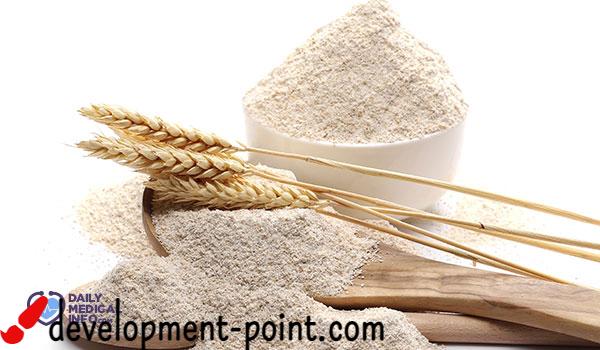The health benefits, use and harms of calendula
The yarrow herb (in English Yarrow or the scientific name Achillea millefolium) is one of the herbs belonging to the sunflower family, and it has been used since ancient times for many therapeutic purposes, such as treating skin wounds and stomach disorders and other health benefits, and in this article we will learn about the most prominent benefits This herb and how to use it.
Qaisum benefits
The health benefits of this herb are varied, and below we will mention some of these benefits:
1. Skin Wound Treatment
This herb contains antiseptic and anti-inflammatory properties, which helps prevent wounds from getting infected, so we find that most wound treatment ointments contain this herb primarily within their components, and scientific studies have indicated that this herb contains a chemical substance, which may help stop bleeding. When using this herb in powder form.
2. The benefits of calendula for the digestive system
This herb contains flavonoids and plant alkaloids, which help reduce digestive problems, such as digestion problems, stomach ulcers and Irritable Bowel Syndrome, but most of the scientific studies conducted in this regard were conducted on animals, and there is a need for more scientific research to prove the effectiveness of this herb. in the treatment of gastrointestinal diseases.
3. Lowering blood pressure
A scientific study – not on humans – in 2013 indicated that the use of this herb helps reduce high blood pressure, relax blood vessels and improve breathing, in addition to reducing some diseases related to the respiratory system such as asthma, and there is a need for more scientific studies to prove this.
4. Reducing symptoms of anxiety and depression
The tea of this herb contains flavonoids and plant alkaloids, which help relieve symptoms of anxiety and depression. Studies have also shown that plant alkaloid compounds help reduce the secretion of corticosterone (equivalent to the hormone cortisol in humans), whose secretion is associated with feelings of intense anxiety.
But all studies conducted in this regard are animal studies, and there is a need for more scientific studies that confirm the effectiveness of this herb in alleviating symptoms of anxiety and depression.
5. Treatment of nervous system disorders
Studies conducted on mice indicated the ability of this herb to alleviate some diseases of the nervous system such as encephalitis, Alzheimer’s and multiple sclerosis, which are diseases caused by a viral infection affecting the brain and spinal cord, in addition to alleviating epileptic seizures, which heralds the possibility of using this herb in The future of epilepsy treatment.
Important notice: There is no strong scientific evidence to fully prove these benefits and effectiveness of this type of herbs in treatment, and more research is needed to prove it, so you should consult your doctor before using it, especially if you suffer from a disease.
How to use Qaisum
There are various ways to use this herb, including the following:
- Take the herb extract, tea, powder, or capsules.
- Use creams containing this herb to treat skin problems such as eczema and wounds.
- The use of the herb in the manufacture of oils and vinegar.
- Use the herb in cooking, by putting it on soup and salad.
Caesar herb side effects
There are a number of damages that may occur when using this herb, such as drowsiness, frequent urination and skin sensitivity, and there are some cases that are exposed to more damage, including:
1. Reduce blood clotting
You should stop using this herb in the event of a surgery, at least two weeks before surgery, because it is believed that this herb reduces blood clotting, and the use of this herb is also cautioned for those who suffer from problems related to frequent bleeding.
2. Allergy
An allergy test should be done before the topical use of this herb, due to the possibility of allergic reactions when used, especially for people with sensitive skin.
3. Pregnant and lactating women
It is cautioned against eating this herb during pregnancy, because the Qaisum herb may lead to menstrual bleeding, which increases the risk of miscarriage, and for nursing mothers, there are not enough scientific studies warning against the use of this herb by nursing mothers, but it is preferable not to use it to avoid any serious complications.
4. Interaction with some drugs
You should consult your doctor before taking this herb, because it may interact with some medications and affect their effectiveness, for example, this herb helps to increase the secretion of stomach acids, which reduces the effectiveness of drugs that reduce the secretion of stomach acids.
After learning about the benefits of Qaisum, you should consult a specialist doctor before using this herb, because all the studies that confirm its effectiveness are studies conducted on animals, and there is still a need for more scientific studies confirming its benefits.

